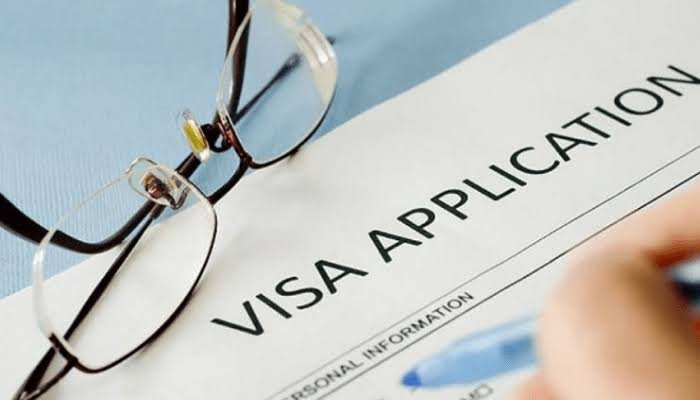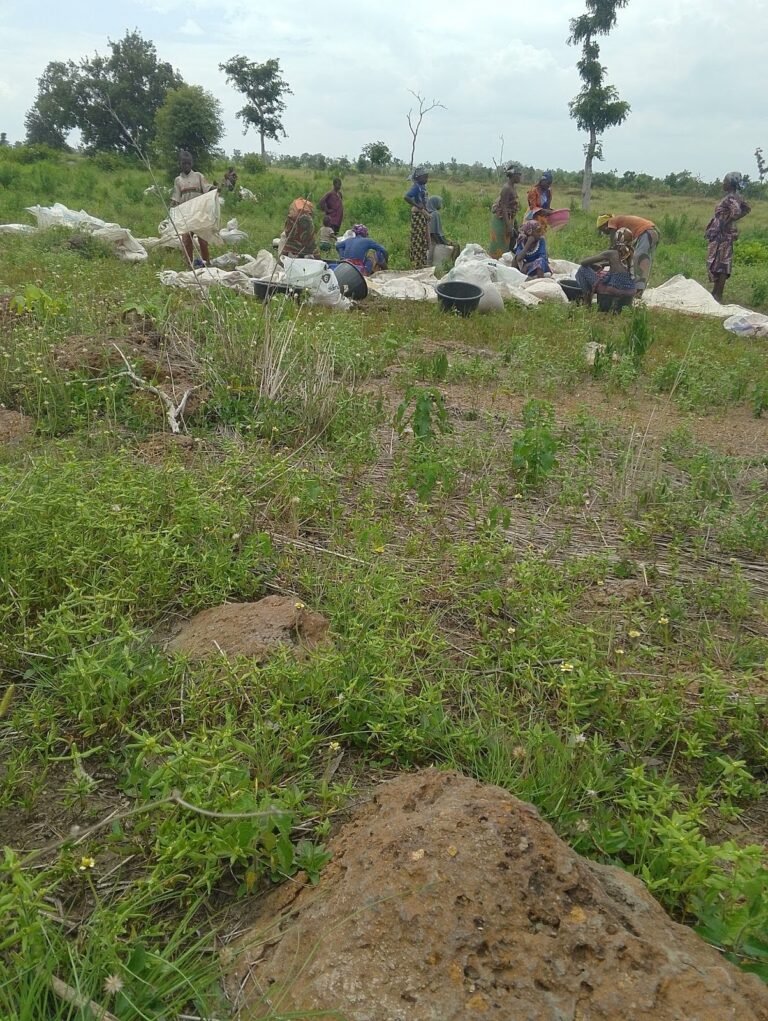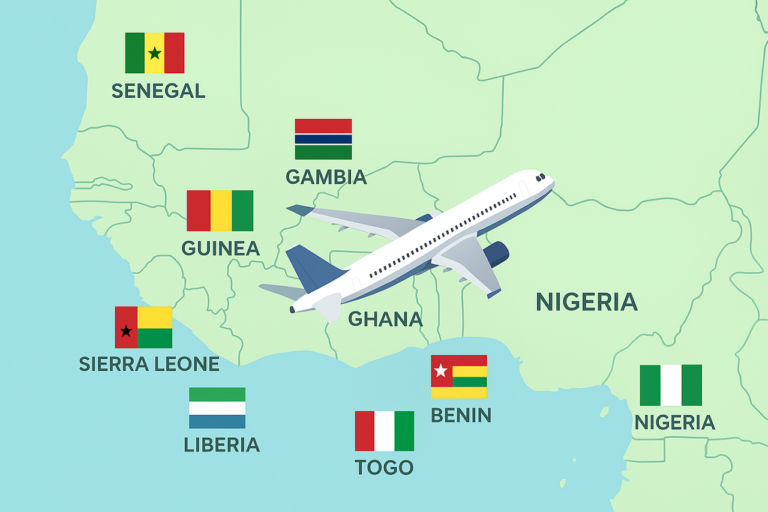The steep fee discourages potential investors and tourists, hindering economic recovery and growth. Countries with relaxed visa policies have witnessed significant tourism and foreign investment growth.
Nigeria’s visa fee—set at $170—is a misguided obstacle for economic growth. As the country grapples with soaring inflation, the high fee is not helping but fueling the crisis.
Last year, the Nigerian government nearly doubled the country’s visa-on-arrival biometric fee, raising it from $90 to $170. This service, designed to attract investment and tourism by allowing qualified foreigners to obtain approval at the point of entry, now acts as a barrier. The steep fee discourages potential investors and tourists, hindering economic recovery and growth.
Experts believe that factors including high production costs, insecurity, and trade barriers—like high visa-on-arrival biometric fees—contribute to Nigeria’s declining rate of foreign investment. In 2023, foreign investment inflows fell by 26.7 percent to $3.9 billion, a drop from $5.3 billion in 2022. Over the past decade, foreign direct investments have plummeted by $19 billion, from $22.7 billion in 2014 to $3.7 billion in 2023.
While the cause can be attributed to several factors, we cannot ignore the fact that countries with relaxed visa policies have witnessed significant growth in tourism and foreign investment. Seychelles, which does not require entry visas, has seen a 7 percent annual increase in tourist arrivals, while Mauritius, which introduced a visa-free policy in 2013, has experienced a consistent growth.
Nigeria’s tourism sector has suffered greatly, contributing a paltry 2 percent to the country’s GDP compared to Seychelles’s 20 percent, Cape Verde’s 17 percent and Mauritius 12 percent.
The World Economic Forum ranks Nigeria 129th out of 136 African countries in terms of travel and tourism competitiveness, behind Ghana at 120th position and South Africa at 53rd. It is not coincidental that Ghana’s visa for a single entry cost just $60 and that of South Africa, just $32. By ranking higher than Nigeria, the two countries are ripping the benefits of their favorable visa policies.
Relaxed Visa Policies Boost Economic Growth
Industry experts like Seyi Adewale, CEO of Mainstream Cargo Limited, argue that soft visa policies boost economic growth by attracting foreign exchange inflows. He stated that restricting visas is similar to limiting new foreign exchange inflows into the economy.
“Foreigners are the principal boosters for any nation’s travel and tourism. They, in fact, boost a whole economy in respect of culture and traditions as these are exotic niceties to them (watching cultural troupe dance, for example) that may collectively influence the choice of conferences, seminars, sports hosting or events, and fashion,” he noted.
A study by the New South Institute, a research organization that works on government and public policy, identified the importance of economic factors in migration decisions. With 82 percent of African immigrants moving within the continent, Nigeria must embrace the idea of free movement to encourage foreign investment to stimulate economic growth.
Migration, according to the study, facilitates the transfer of skills, knowledge, and remittances, thus contributing to economic growth and development of the origin and destination countries. Nigeria as a destination country for tourists and entrepreneurs is an opportunity to create more employment opportunities for its citizens.
The high visa-on-arrival fee in Nigeria has drawn criticism from international reporters like Larry Madowo from CNN. He shared that he visited Nigeria three times this year, each time paying a hefty $215 for a one-month single-entry visa.
“The visa itself costs $25, but Nigeria adds a $20 ‘processing fee’ and $170 for biometrics each time,” Madowo explained.
In contrast, he did not need a visa to visit Uganda, South Africa, and Ghana. “In the three weeks since I was last in Lagos, I went to Uganda, South Africa, and Ghana, where my Kenyan passport doesn’t require a visa. I’ve also been to South Africa three times this year, and it cost me nothing,” he added.
Nigeria needs to rethink its visa policy to encourage foreign investment and economic growth. By doing so, it can unlock its full potential and become a major hub for trade, tourism, and innovation in Africa and beyond.















